What is CISAH?
CISAH is a non-governmental organization that is putting on the shoulder three main missions.
First:
Exploratory research on the historical heritage of the Kingdom of Samudra Pasai both in North Aceh district that became the main area, as well as outside the region.
Second:
Preserving the historical heritage as well as conduct various campaigns for preservation.
Third:
Inform the public of various results of research in order adding insight and knowledge society of the history of the kingdom of Samudra Pasai (Sumatra).
CISAH composed of young men interested in the field of history and archeology, high willing to maintain and preserve the historical heritage, promoting it to become a tourist destination of the world, and they are, for all this time, work voluntarily.
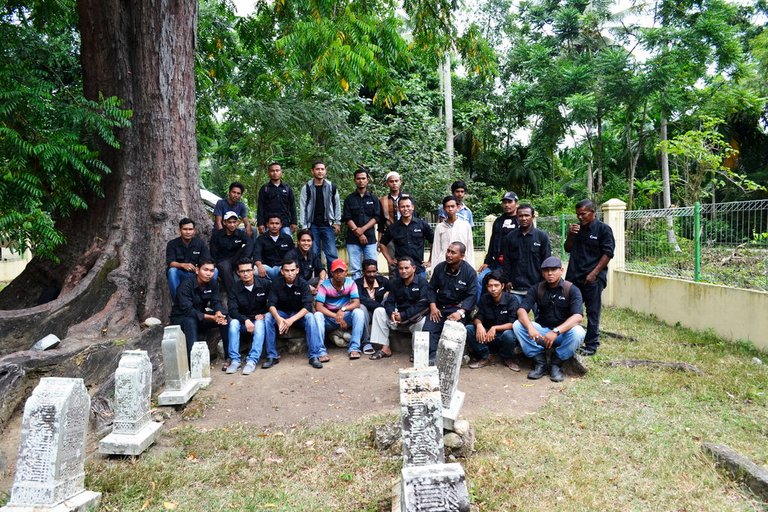
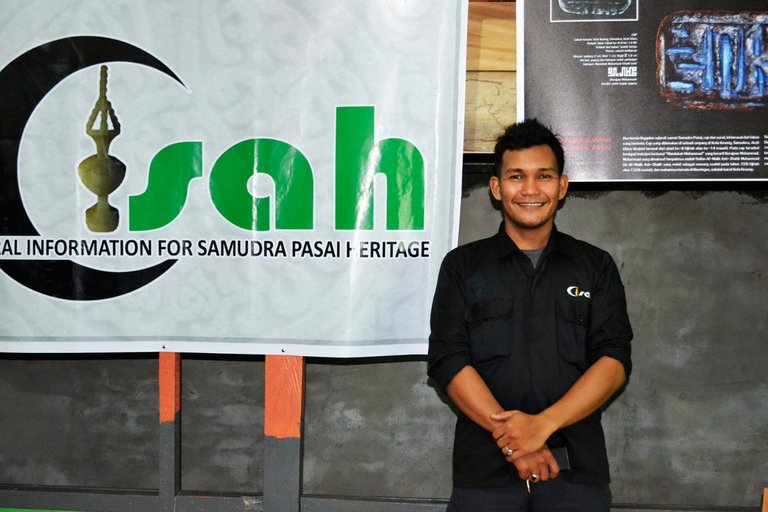
Where is CISAH located?
CISAH based in Lhokseumawe, a small town situated on the northern coast of Aceh, the westernmost Diamont Point or Cape Jambo Aye, in northern latitudes 5⁰7'0 "-5⁰7'0 'and east longitude 96⁰2'0" -97⁰2'1 ". It should also be added about the geographical location that Lhokseumawe was a bay in the waters of the Strait of Malacca that are most important strait shipping line between the eastern and western world. Southern corner of Lhokseumawe (Banda Sakti sub-district) and villages across the southern began Meuraxa until Cunda that are the deepest areas of the curve of sea began Kuala Jambo Aye in the east, up to Kuala Diwa in the West.
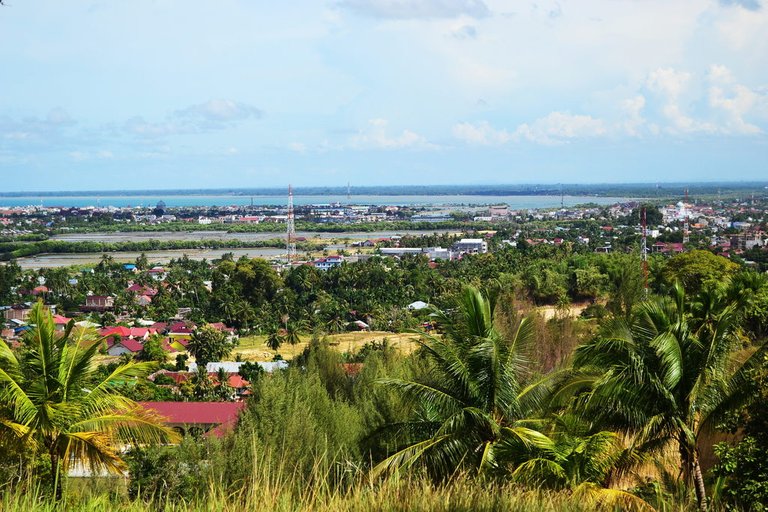
A Brief History of the Kingdom of Samudra Pasai or Sumatra
9th century AD, the Muslim geographer, Ibn Khurdazbeih, mentioned in his Al-Masalik wa Al-Mamalik (World Passages and kingdoms), across India that there is an island called with Ramiy and Javah. All these names refer to a region on the north coast of the island of Sumatra. From that description it can be concluded that the islands of Southeast Asia was already known by traders from the Middle East, especially through the sailors and traders from the Persian siraf or other.
Mentioned, that Marco Polo had stopped in the region at the end of the 13th century, but in its report Marco Polo did not mention the existence of a Muslim sultan. He only mentioned that Ferlec, which according to William Marsden is Perlak, as areas inhabited by the followers of Mohammad (PBUH).
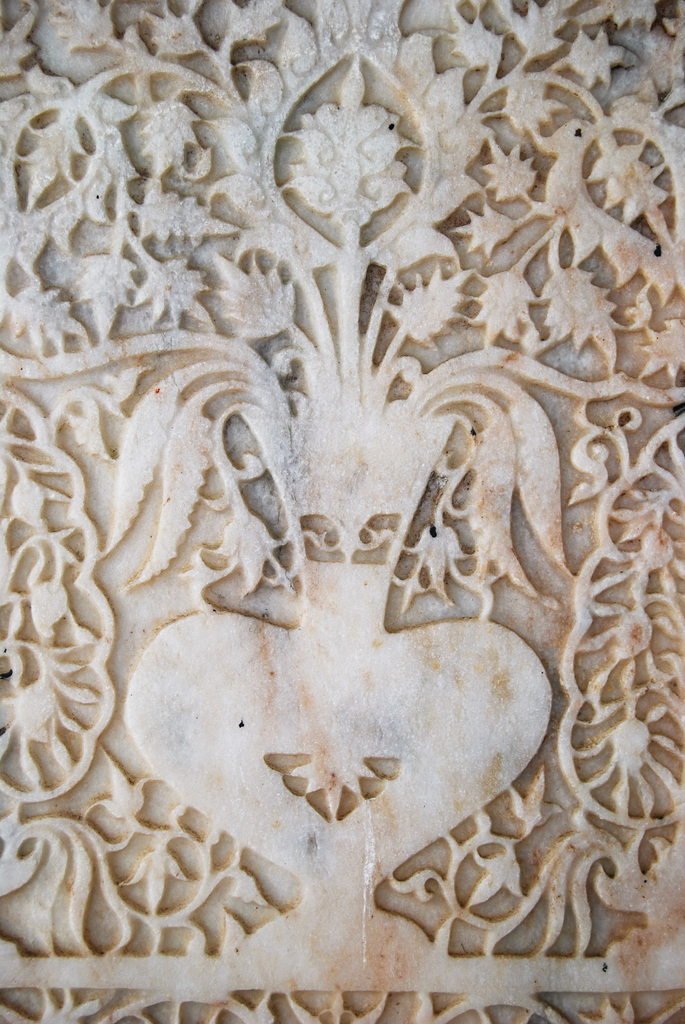
By comparing the information with a number of historical remains that were found could be concluded that if Marco Polo indeed ever visited the region, it seems that he was unable to obtain precise information about the kingdoms in the north coast of Sumatra at the time. All findings of heritage that assures us that since the beginning of the 13th century AD, an Islamic empire has formed off the coast of northern Sumatra, or rather is Pasai, which then grow and form the kingdom of Sumatra, which eventually this name has been appointed to be name of an island among the five largest islands in Southeast Asia.
Ibn Baththuthah, a traveler from Morocco, in his account, mentioning Samudra as Sumuthrah (Sumatra). Other documents that support the information Ibn Baththuthah, is the letter of Sultan Zainal 'Abidin that mention Syummuthrah.
Ibn Majid, in Fawa'id fi 'Ilmi wa Al-Bahr Al-qawa'id (Various usability and rules in marine science) said: Syammuthrah, and Tome Pires wrote: Camotora / Comotra, as Socotra, for Suquthrah, a Yemeni island in Indian ocean.
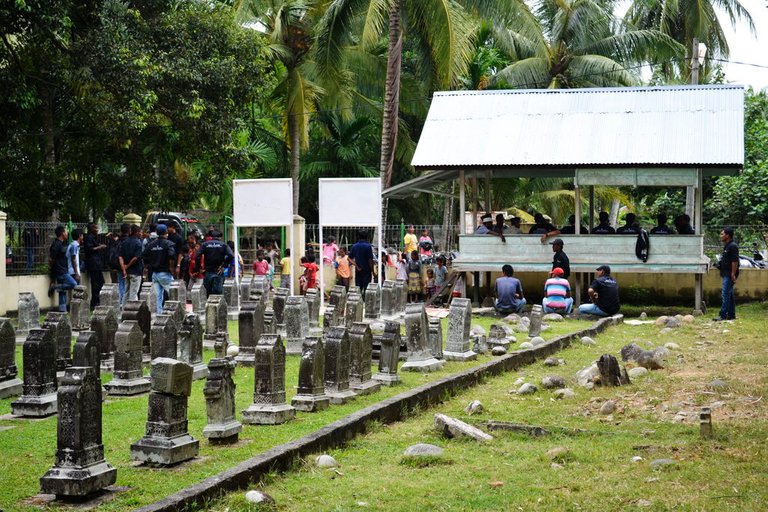
From various heritage objects are discovered in coastal region in northern Aceh can be concluded that region was the center of dynastic rule of the Al-shalihiyya in the past two centuries, and in his day, was an empire of the sea, which had relationships with many countries in the world such as China, Malacca, India, Persia, Arabia, to Europe.
The various activities of CISAH
Expedition & Research
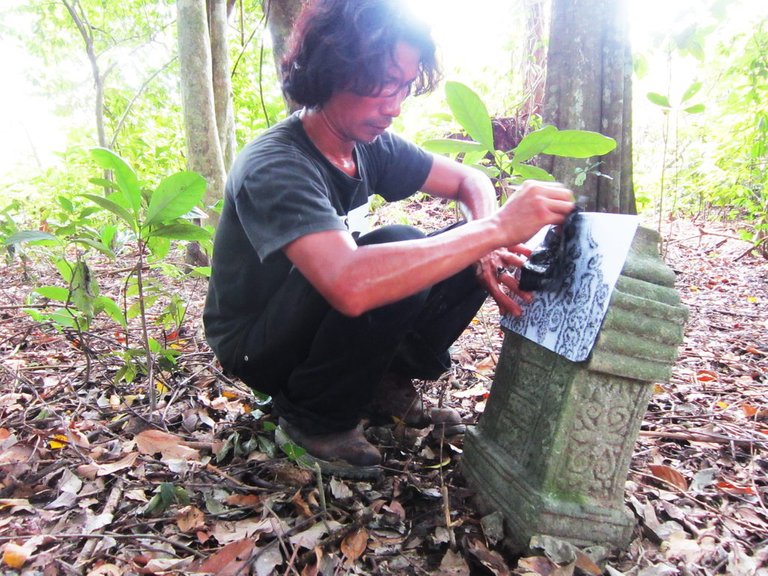
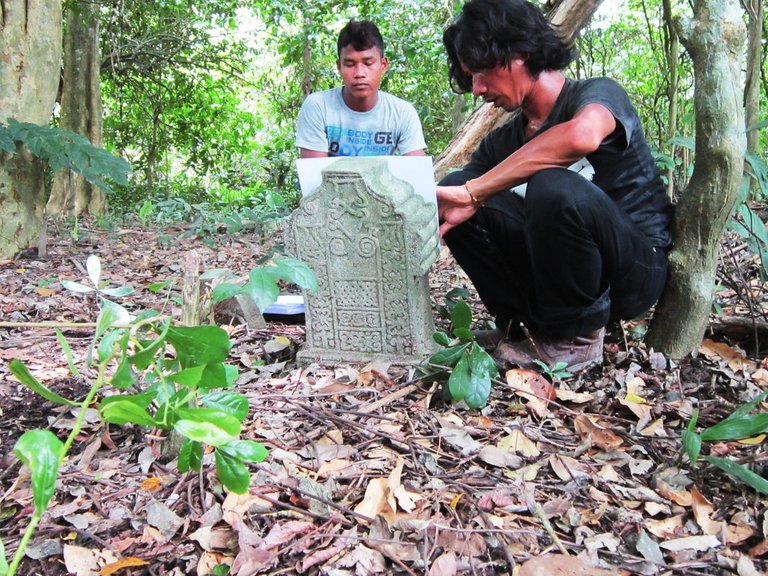
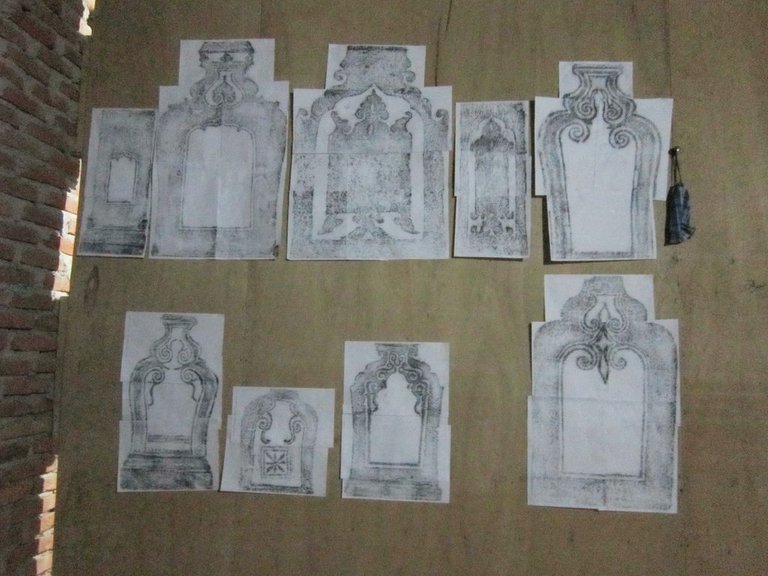
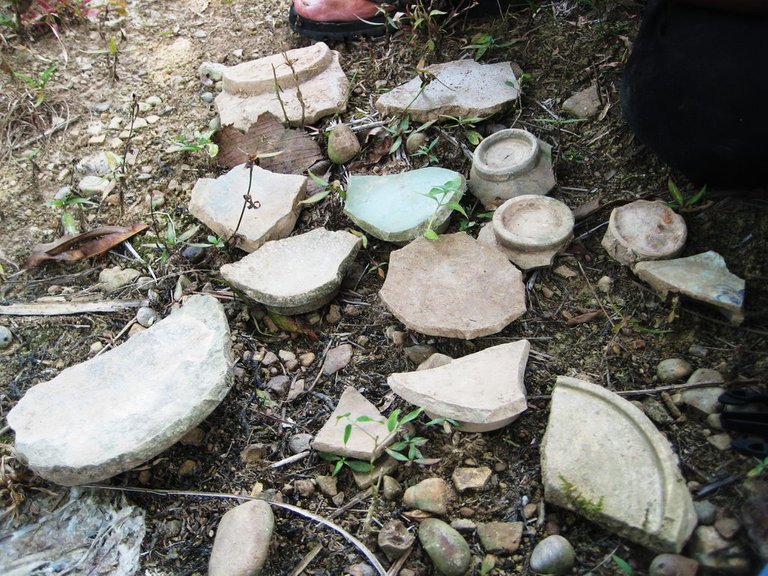
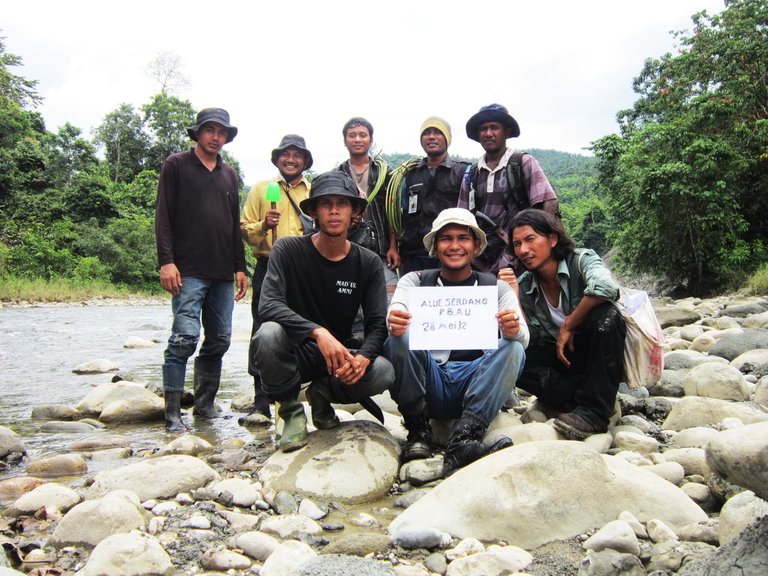
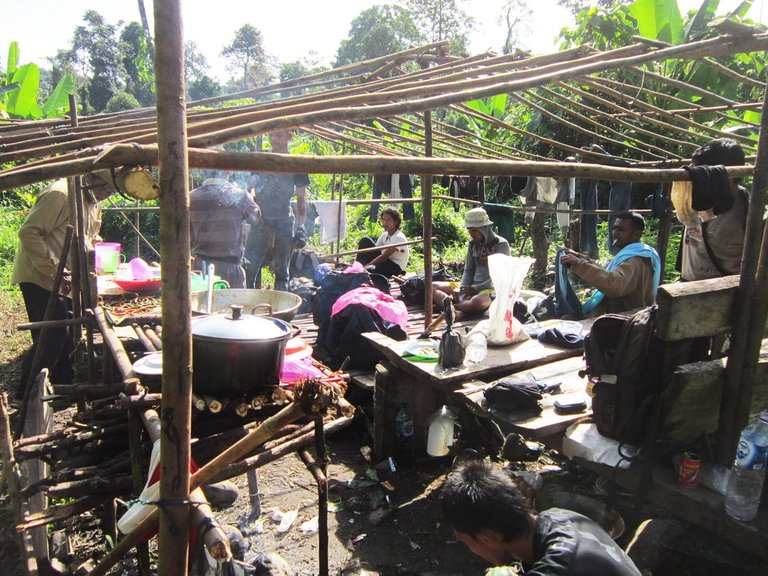
Preservation and Conservation
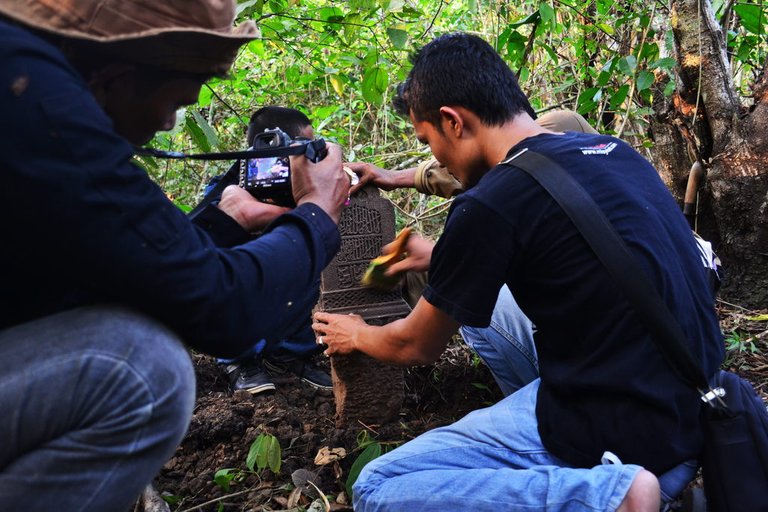
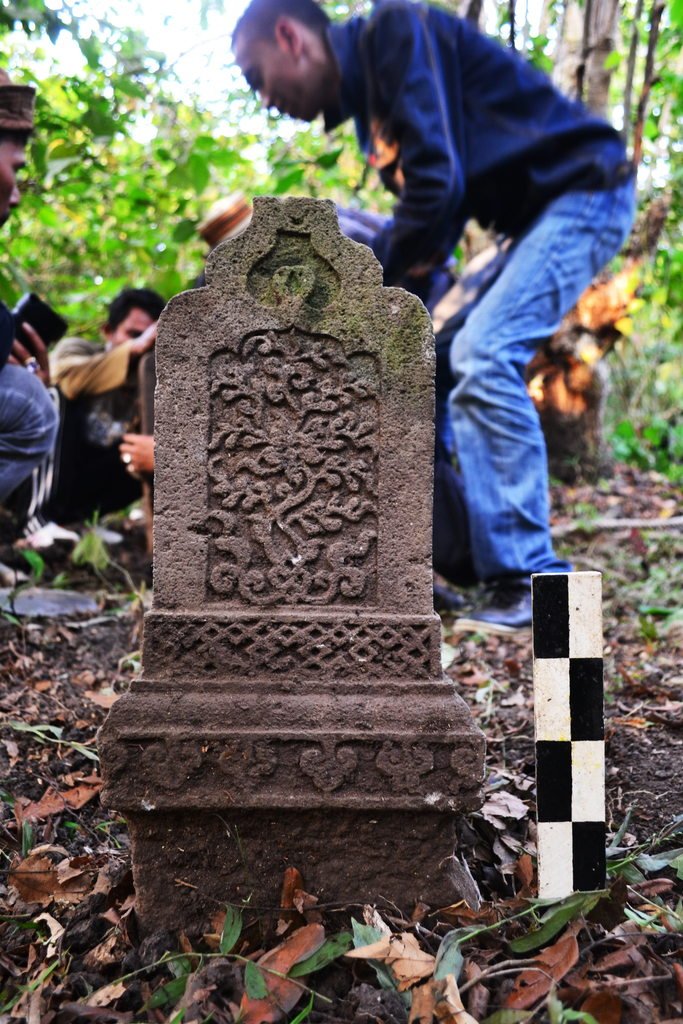
Exhibition
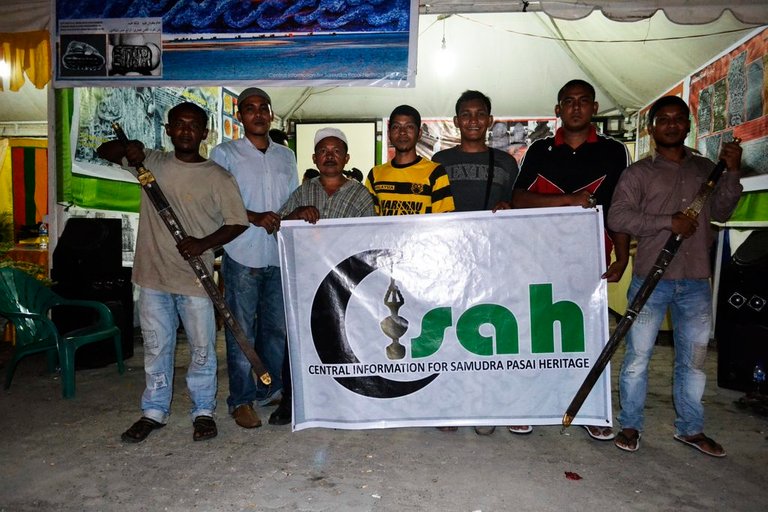
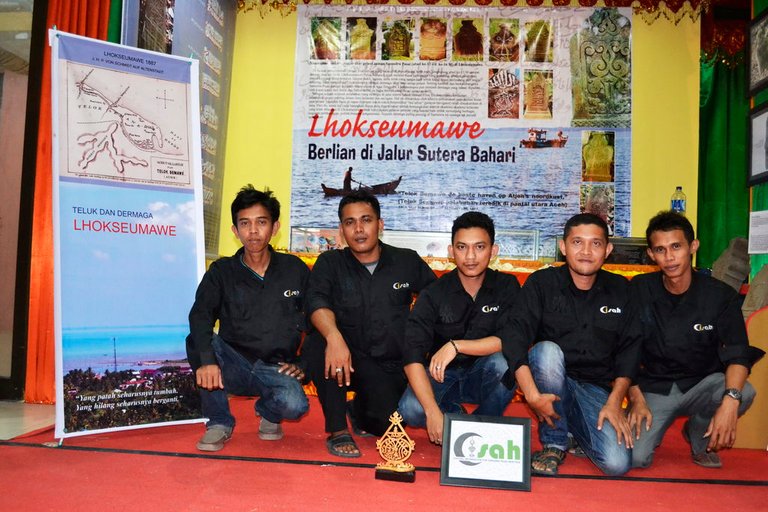
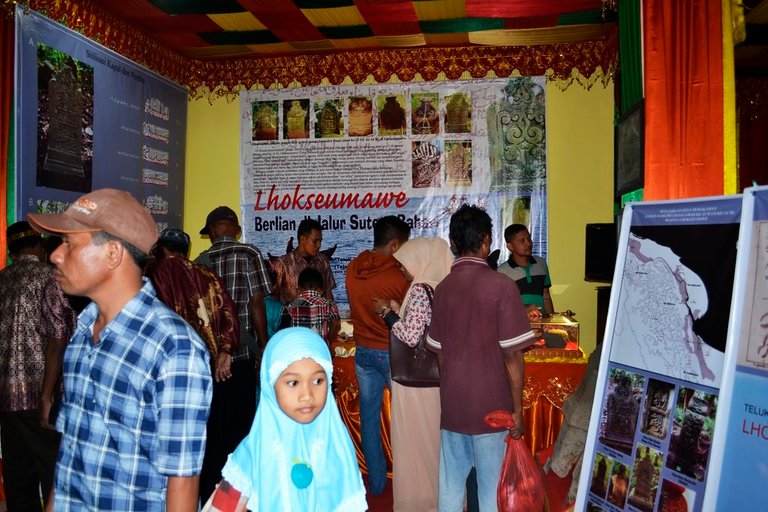
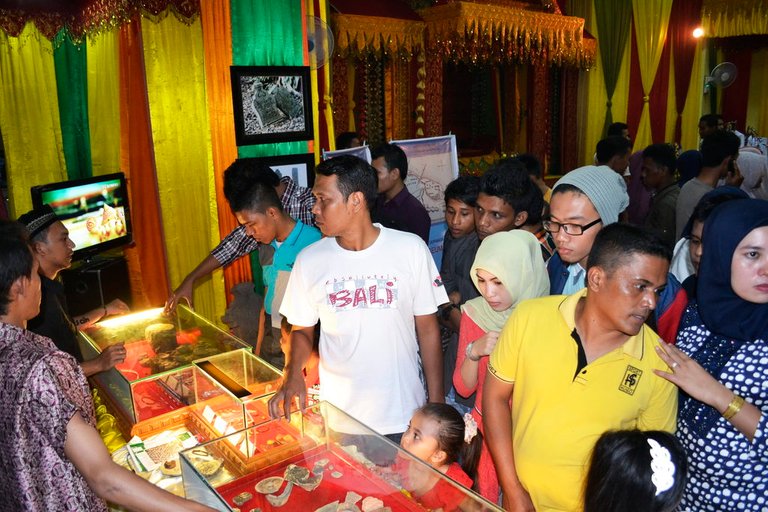
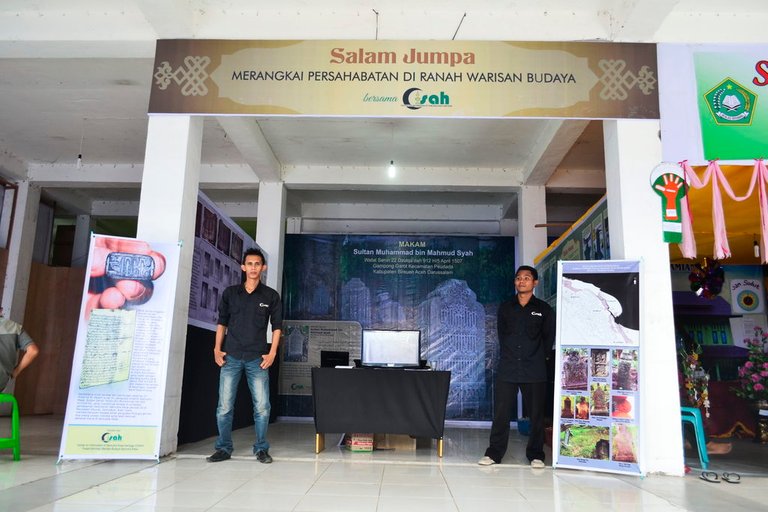
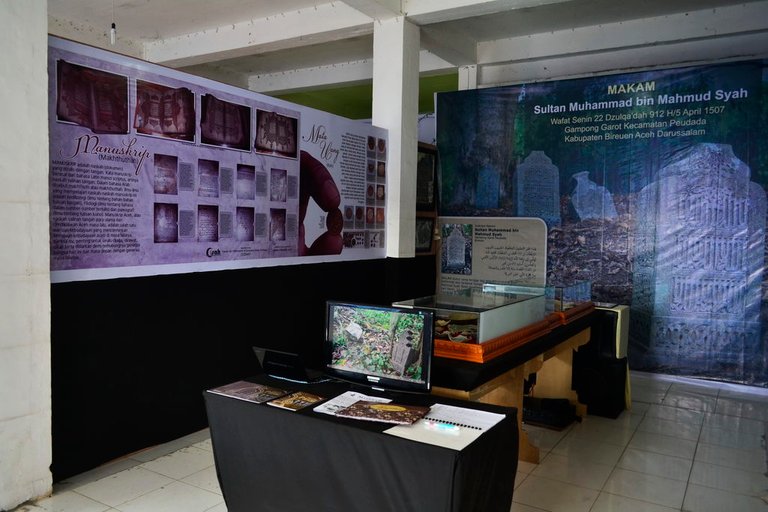
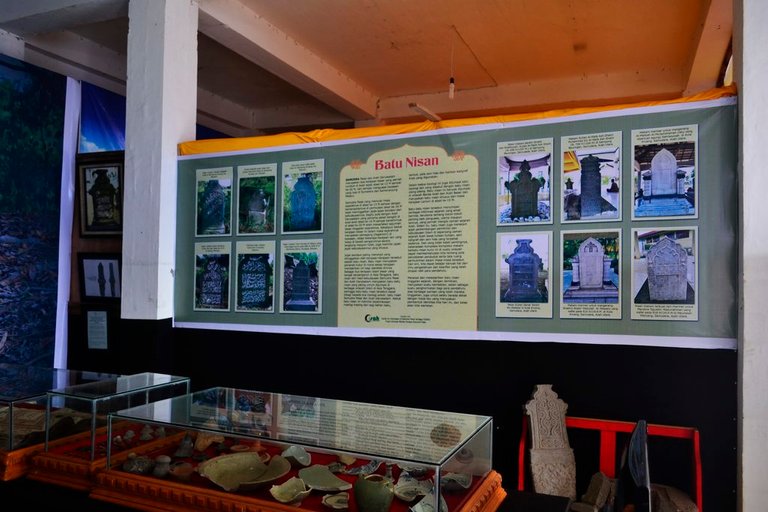
Publication
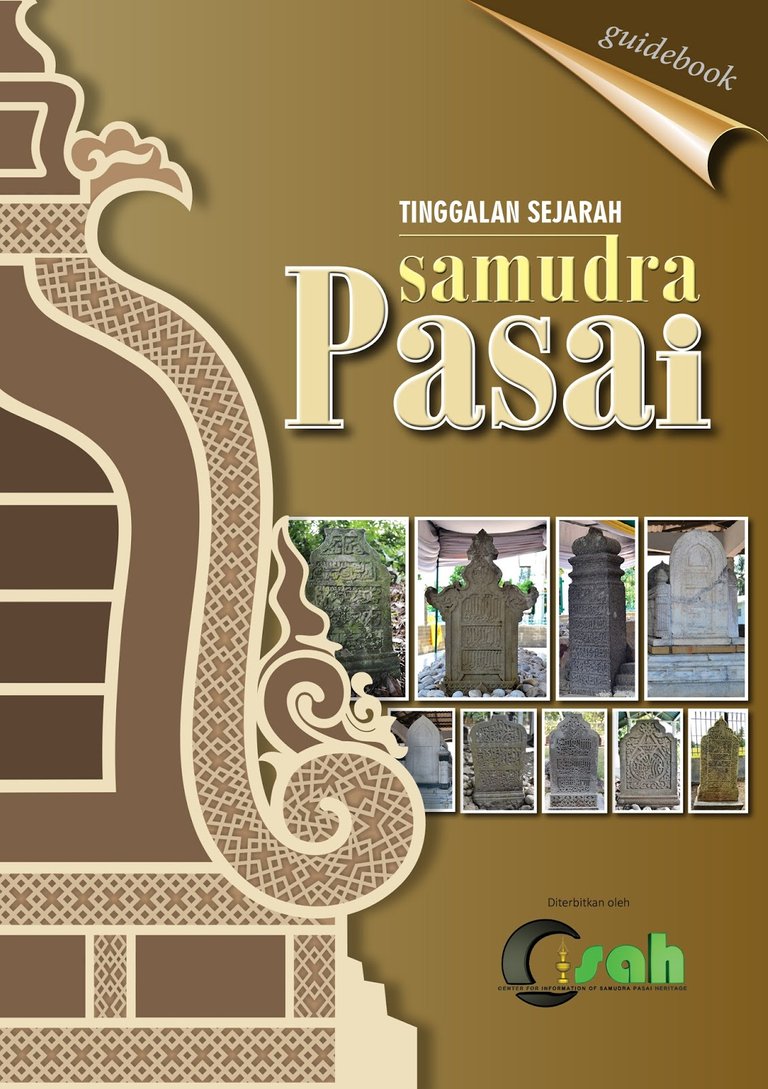

CISAH members who have joined to STEEMIT:
@steemvest17
@steemwart (Chairman of @Mapesa)
@k-syusteem
@singapasee
@safar01
@anzirpasai
@curiesea
@anasz
@steemcultures
@ardyach
@teukumukhlis
@vannour
And this blog is managed by: @keuudeip